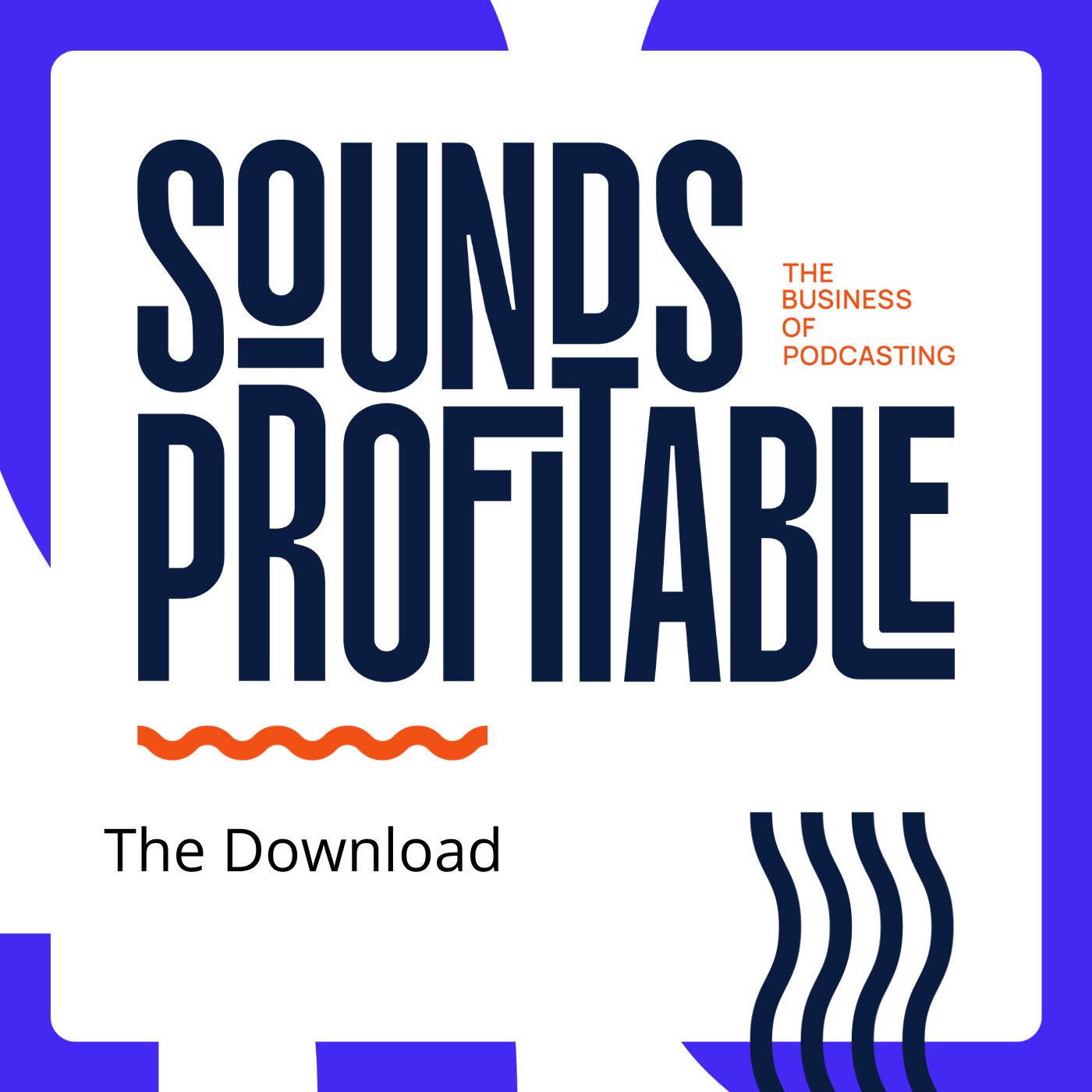Podcast Episode Details
Back to Podcast Episodes
An FTC-Friendly Future for Podcast Ads & 2 Other Stories
Episode 368
Manuela: This is The Download from Sounds Profitable, the most important news from this week and why it matters to people in the business of podcasting. I’m Manuela Bedoya. Shreya: And I’m Shreya Sharma.This week: The ‘slippery slope’ of podcast endorsements, Netflix’s ad-supported tier has teething troubles, why ad buyers are hesitant to embrace DSPs, and a look at modern contextual advertising.
Let’s get started.Navigating the ‘slippery slope’ of personal endorsements in podcast adsManuela: Over the past few years there have been multiple headlines spotlighting instances of social media influencers butting up against the Federal Trade Commission. This period of adjustment as new media incorporates modern advertising rules has matured to the point the FTC has a official page just for coaching influencers on advertisement disclosure. As MarketingBrew’s Alyssa Meyers pointed out this week: the FTC hasn’t similarly cracked down on podcast advertisements just yet, but it has come close. Listeners of The Download might remember a case in November when Google and iHeartRadio settled with the FTC out of court. The case concerned allegations that several iHeart on-air radio personalities were given ad copy with personal endorsements for a Pixel phone the hosts had not used. From Meyers’ article: “Though the FTC’s guidelines for endorsements and testimonials in advertising don’t mention podcasts, the agency proposed a change last May that would, if approved, add an example concerning a podcast host related to disclosing material connections.”Podcasting is no stranger to ad copy that flirts the line between advertisement and personal endorsement. Meyers opens her article asking if the reader has ever questioned if podcasters really made the meal kits they endorse, or if their mattress sponsor actually fixed their back problems. Hyperbolic, perhaps, but endorsements are a big factor in the appeal of host-read ads. David Plotz, CEO of City Cast told MarketingBrew he has experienced advertisers requiring ads to contain personal endorsements or, more worryingly from an FTC perspective, attempt to slip a personal endorsement into the ad copy. Meyers spotlights two approaches that eliminate any FTC concerns: Lauren Lograsso and NPR. Lograsso prefers ad deals with required endorsements and the authenticity of having tried the product herself. Conversely, NPR has a blanket policy of zero personal endorsements, a byproduct of the company carrying over its radio journalism ethos into podcasting. The article then closes out with advice from Veritone One VP of podcasting Hilary Ross Shafer and Adopter Media CEO Glenn Rubenstein: onboarding calls between podcasters and advertisers are useful, if not vital, tools to establish goals and prevent miscommunication. While host-read remains the preferred method of podcast advertising, it’s worth remembering Sounds Profitable’s first study, After These Messages, found the gap between host-read and announcer-read was smaller than conventional wisdom might suggest. 81% of respondents trusted host-read ads, followed by 71% trusting announcer-read.While it’s certainly possible podcasting will get a headline or two on par with, say, Instagram influencers selling teas that claimed to cure cancer, the data shows t
Published on 2 years, 9 months ago